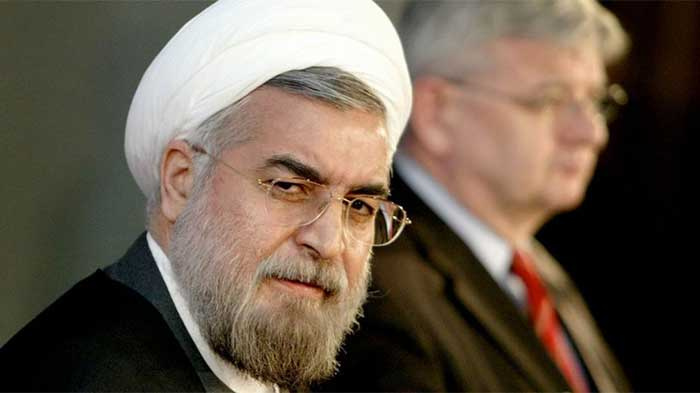Rouhani’s foreign policy and the six shots left

End of the year is an occasion for to present their own annual performance or evaluate others’. Foreign policy is among governmental categories with a remarkable share in providing security and welfare for citizens. In order to trace the Rouhani administration’s foreign policy achievements, if any, we should issue an initial reminder that in Iran, regulation of international ties is not fully controlled by the administration. Therefore, we are dealing with two separate variables.
- Foreign policy
- The Rouhani administration
Each of these two main variables entail multiple sub-variables, the interrelations among which lead to a complicated multi-degree equation with too many fixed and variable factors. One can claim that no solution to the equation can be found in any of political 'laboratories' inside or outside the country due to 1) lack of transparency in foreign policy and required data on the quality of interactions among officials, and 2) multiplicity of foreign policy players, whether authorized or not.
On the other hand, to evaluate the workings of an apparatus, one needs frameworks, indices, standards, and coordinate systems. If an analyst takes the conservative Ahmadinejad administration as the benchmark to assess foreign policy outputs under President Rouhani, the latter has made great achievements. However, should decision-makers of an ancient, powerful, and stable country design foreign policy based on capabilities, weaknesses and strengths, global and regional trends that cause vulnerabilities in the country, one could say the Rouhani administration has failed in comparison. In other words, the Rouhani administration has failed to:
- undertake effective measures in its foreign policy structure to help provide more transparency in relaying information to people and discard unauthorized officials;
- establish an appropriate connection to academia and receive feedback;
- put civil institutes and NGOs to good use;
- use the country’s opportunities and strengths, including its geopolitical status.
- reform foreign policy structure and maximize national interests using thought development, theorizing, and support from the people and elites in the 2013 presidential race;
- revolutionize foreign policy administrative organization in general and the bureaucratic system of the foreign ministry in particular.
Rouhani administration’s only silver lining is the ultimately undesirable foreign policy output under Ahmadinejad’s administration and blunders by regional and trans-regional actors over the past five years in the Middle East. Due to structural factors, the Rouhani administration has failed to seize these opportunities either. If the Rouhani administration ever wants to attract support and trust by people, elites, influential forces, and sociopolitical leaders, it needs to have plans for the six issues mentioned above and remain committed to their implementation in order to minimize costs in foreign policy and prevent the promotion of militarism in sociopolitical developments. Even though the six-shooter of militarism in foreign policy is beneficial for countries that have put the private sector at the disposal of military and defense interests, the Iranian administration should pay attention to the six issues above not to the six-shooter!
*The above piece is a translation of an Iranian Diplomacy op-ed, originally published in Persian. Nosratollah Tajik is Iran's former ambassador to Jordan.

